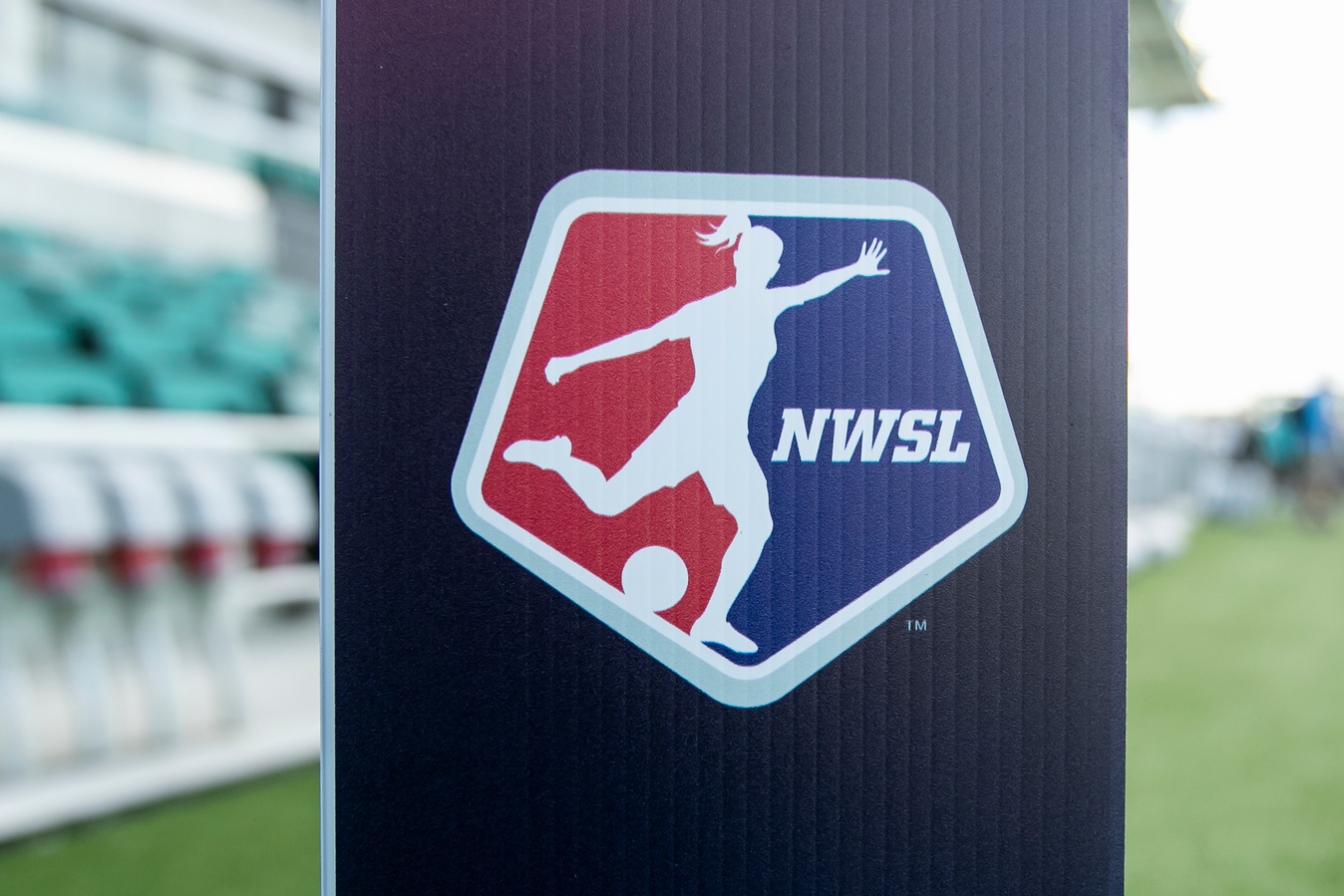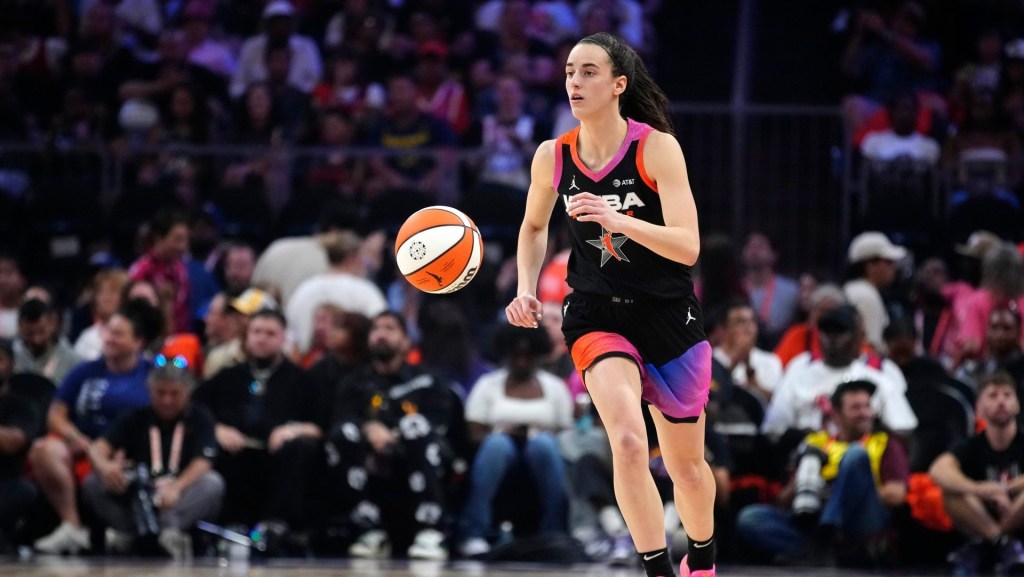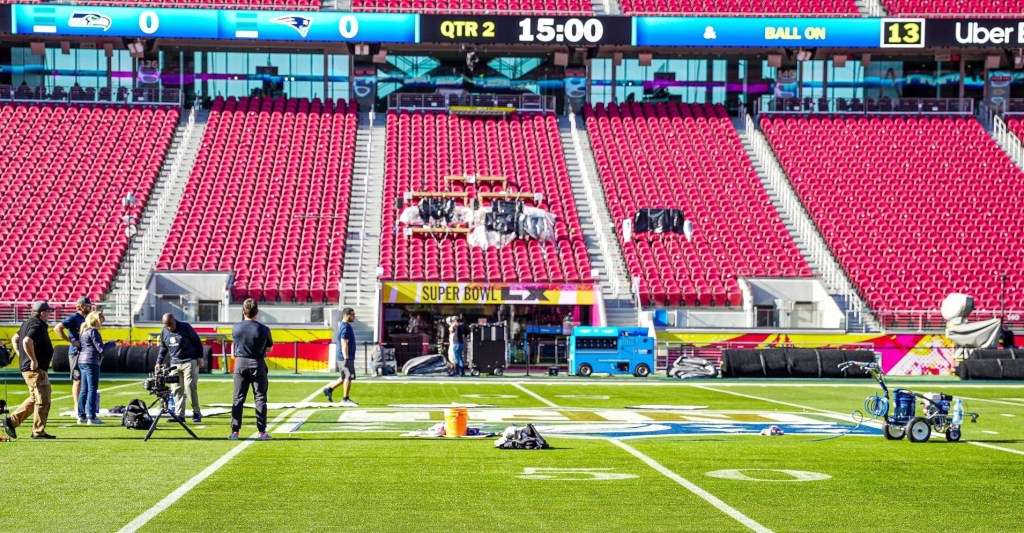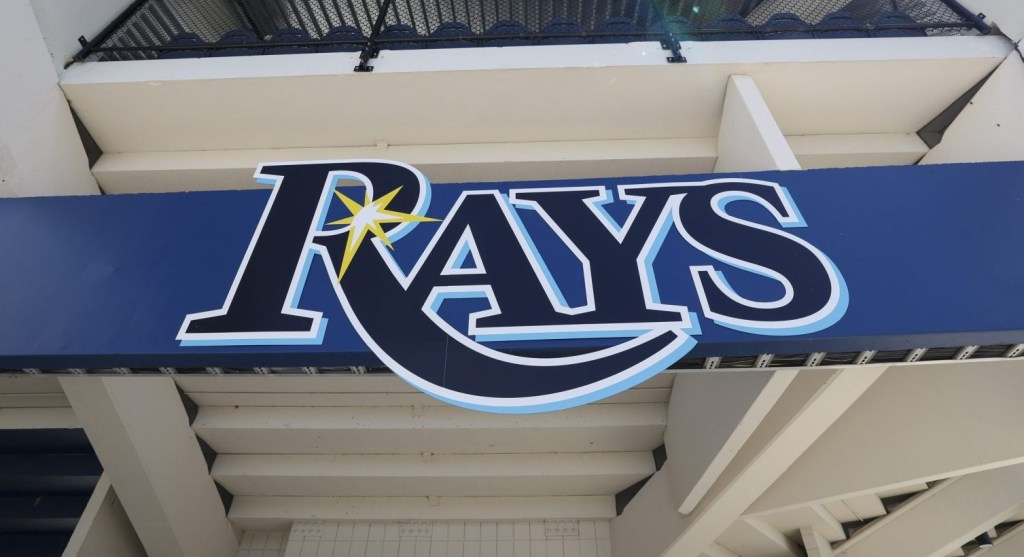A historic facility investment in U.S. women’s pro sports is already getting significant pushback just weeks after it was first unveiled.
Several members of the Denver City Council said Wednesday they have significant reservations about providing $70 million in taxpayer funds toward a planned stadium to house a National Women’s Soccer League expansion team.
That stadium, along with a record-setting $110 million expansion fee, is part of a collective investment that NWSL commissioner Jessica Berman previously described as ”the largest in women’s sports in the history of the world. Period.” The proposed use of public funds, however, is clashing against several other issues, including an already stretched city budget and a particularly turbulent national economy.
“I don’t believe this stadium will ever be built,” said city councilwoman Sarah Parady. “I wish that I did.”
The franchise owners, led by IMA Financial Group CEO Rob Cohen, remain undeterred as they plan to spend up to $200 million for the stadium.
“We won’t abandon this project because it’s important to our core values and what we’re trying to do,” Cohen said.
No votes have been taken yet as the council considers whether to provide $50 million for land and infrastructure improvements for the stadium and another $20 million for upgrades to adjacent areas. A vote on conditional funding could happen April 23.
Bigger Issues
The proposed NWSL stadium, located in Denver’s Santa Fe Yards neighborhood just south of downtown, is also part of a growing collection of sports-related projects that look to reshape the city. The NFL’s Broncos are also actively considering what to do with the 24-year-old Empower Field at Mile High.
Meanwhile, Stan Kroenke, owner of the NBA’s Nuggets and NHL’s Avalanche, is embarking on an ambitious plan to develop about 55 acres of land surrounding those teams’ Ball Arena. The NWSL project, beyond making its own statement about the future of the league and women’s sports broadly, will seek to integrate into a fast-changing Denver.
“This, to me, is a small investment in an area that has historic redlining, that has a lack of public spaces,” said councilwoman Flor Alvidrez, who challenged some of the opposition from other council members. “I’m pretty appalled that when it comes to investing in this area, all of a sudden it’s too much?”

















